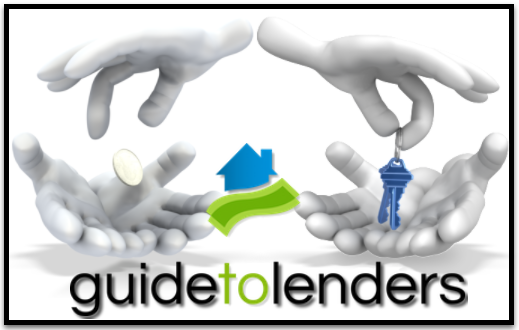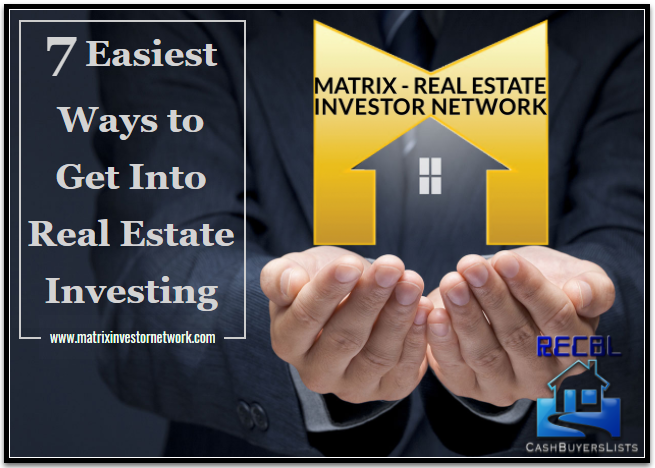 |
| 5 Steps to Finding Your Best Mortgage Lender |
RECBL - Real Estate News
(TNS)-You’re buying a home and you need a mortgage. How do you choose the right lender-one that will offer not only the best deal, but also good customer service?
You’ll find no shortage of banks, online lenders, mortgage brokers and other players eager to take your loan application. Here are five tips for selecting the best mortgage lender out of the bunch.
1. Compare Offers and Lenders
Start getting familiar with various lenders and the deals they’re offering by browsing through mortgage rates.
Lenders will "present price differently," notes Robert Davis, an executive vice president at the American Bankers Association (ABA). "Some lower rates might include fees with it, so the annual percentage rate is different than what you might think."
Also, understand that some lenders specialize. One might be a good choice if you’re financing a condo, while others might offer a better deal if you’re building your home from scratch. You’ll want to have a general idea of the type of property you’re interested in.
2. Check With Lenders and People You Know
You might find the right mortgage and the best lender without having to look very far. Go to the bank or credit union where you have a checking or savings account and ask about the types of mortgage deals that are available to current customers.
Compare any offer against what other lenders in your area and online and large national lenders will give you.
"Interest rates change as much as three or four times a day, so get quotes from three different (lenders) to increase your odds," says Brian Koss, executive vice president of Mortgage Network.
Be sure to ask family members and friends for referrals to loan officers and mortgage brokers who gave them good, professional service and helped them find the most competitive loans.
3. Decide: DIY or Hire a Broker?
One important decision is whether to seek out a mortgage and lender completely on your own or use the services of a mortgage broker.
A broker can help with your comparison-shopping by gathering quotes from several lenders, but it’s important to understand that a broker isn’t obligated to find the deal that’s best for you.
If you decide to work with a mortgage broker, it’s wise to look at how the loan offers from the broker size up against those you find on your own.
Look at differences in rates, fees, mortgage insurance and down payments-and compare what your bottom-line costs will be.
4. Talk With Your Real Estate Agent
Be sure to ask your real estate agent for lender recommendations. Smart loan officers rely on that business and take good care of the clients sent their way by local real estate agents.
Keep in mind that agents might have relationships with certain lenders, so when your agent gives you a name, ask whether there is any affiliation.
While some real estate brokerages have their own favored in-house mortgage lending businesses, good agents will not limit their referrals to those particular lenders.
5. Be Ready for a Possible Hand-Off
Many lenders will end up selling your mortgage to the secondary market, which means you will likely have a different company servicing your loan than your original lender.
This transfer is often outside your control, but you can ask the lender whether it knows if your mortgage will end up being serviced by a different company. If you want a lender you can reach out to immediately if problems arise, finding one who will hold onto your mortgage might be the best option.
"If it’s important for you to have local contact with the lender, then you’ve got to go to a bank that keeps your mortgage," says Davis.
(C)2017 Bankrate.com
Distributed by Tribune Content Agency, LLC
CashBuyersLists.com Please like, comment and share. Thank you.









